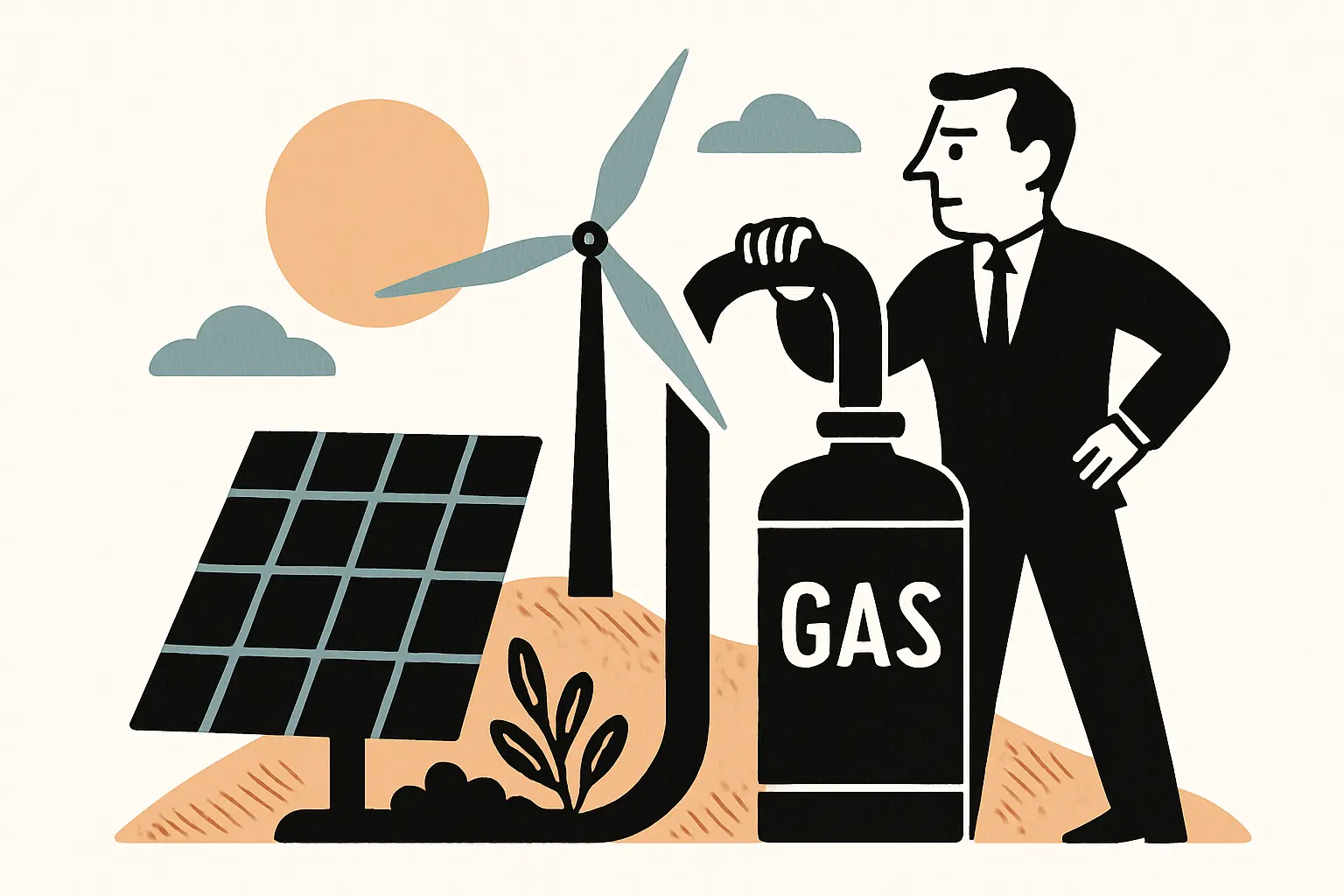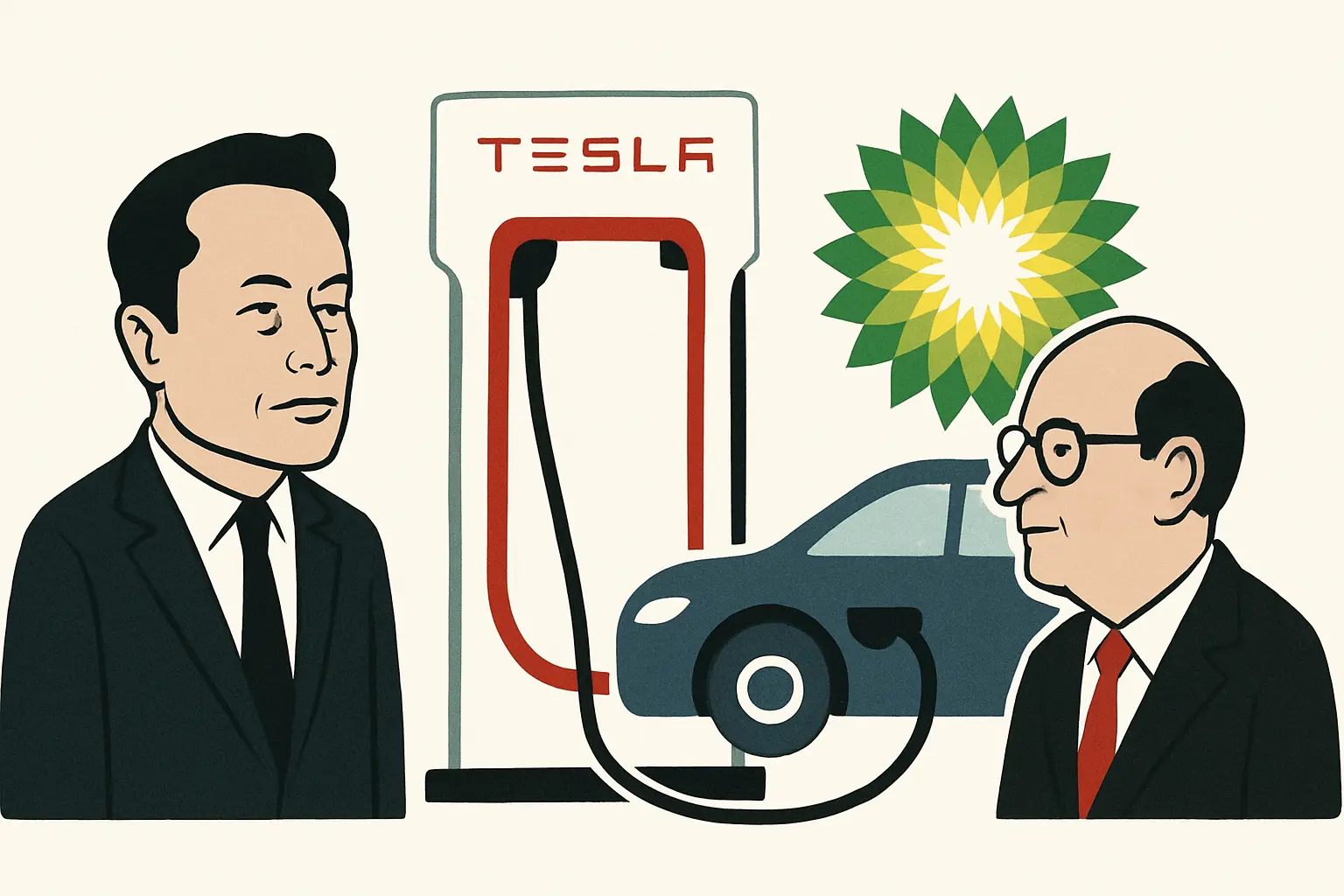India marked a significant milestone in its renewable energy journey by surpassing 100 GW of installed solar capacity in early 2025. This achievement is a testament to the country’s aggressive expansion in solar energy, adding 24.5 GW of solar capacity in 2024 alone.
The growth is bolstered by strong government support, including policies like the PLI scheme, which aims to reduce import dependency and boost domestic manufacturing. India is now poised to become a major player in the global solar supply chain, with plans to export solar technology to meet rising global demand.
Key drivers of this growth include the PM Surya Ghar: Muft Bijli Yojana, which facilitated the installation of rooftop solar systems in over 7 lakh homes, and the utility-scale solar projects, particularly in states like Rajasthan, Gujarat, and Tamil Nadu. The country’s solar manufacturing capacity is projected to reach 160 GW for modules and 120 GW for cells by 2030.
India’s partnership with the European Union is expected to enhance its solar technology capabilities, further solidifying its position as a global leader in renewable energy. This strategic move not only supports India’s domestic energy goals but also positions it as a model for other countries transitioning to clean energy.
Context & Background
India’s renewable energy sector has seen significant growth in recent years, driven primarily by solar power. The country’s commitment to clean energy is rooted in its 2030 goals to increase non-fossil fuel-based energy capacity to 500 GW. The Jawaharlal Nehru National Solar Mission (JNNSM), launched in 2010, has been instrumental in reducing solar tariffs and fostering growth. India’s solar expansion is also supported by the Production Linked Incentive (PLI) scheme, which encourages domestic manufacturing of solar modules and cells.
In This Story
India’s Ministry of New & Renewable Energy (MNRE)
The MNRE is responsible for promoting and developing renewable energy in India, playing a crucial role in the country’s solar energy growth.
Jawaharlal Nehru National Solar Mission (JNNSM)
Launched in 2010, this mission aims to promote solar energy in India by reducing tariffs and increasing capacity.
European Union (EU)
The EU is partnering with India to enhance solar technology and manufacturing capabilities, supporting India’s goal to become a global solar export hub.


















Comments are closed.